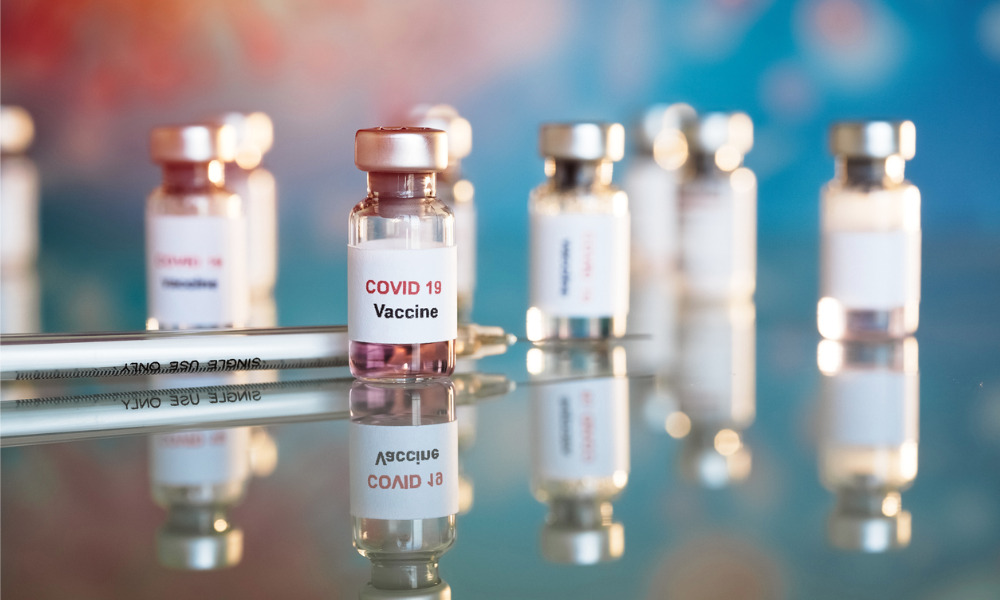
Essential workers are set to get the shot amid reports of vaccine supplies running low

Amazon has unveiled plans to vaccinate workers assigned at its fulfilment centres and grocery stores.
An estimated 20,000 warehouse workers and Whole Foods supermarket employees, in Amazon’s home state of Washington, are expected to receive the vaccine once the state government secures additional doses.
Amazon requested Washington Governor Jay Inslee to prioritise the company’s essential workers in the immunisation drive, after initial reports said the state would receive fewer doses than originally planned. The company is now moving to get its on-site workers vaccinated first.
Read more: COVID-19: Should vaccine be mandatory in these sectors?
“We now have an agreement in place with a licensed third-party occupational healthcare provider to administer vaccines, just like we do for seasonal flu shots,” Amazon said in a letter to Inslee last month, as reported by local media KING 5.
“Amazon stands ready to assist you to ensure our essential workers who cannot work from home receive the COVID-19 vaccine at the earliest appropriate time,” said Brian Huseman, Amazon’s vice president for public policy, who penned the letter.
The ecommerce giant employs 80,000 workers across Washington, with a quarter of them unable to work from home. About 20,000 are stationed in fulfilment centres and grocery stores.
Read more: Should CEOs be vaccinated before employees?
In December, Amazon had also requested the US Centers for Disease Control and Prevention (CDC) to vaccinate warehouse workers ahead of schedule since they play a critical role in the community.
“In many ways, our essential workers have served as heroes in their communities during this pandemic,” said Dave Clark, senior vice president of worldwide operations, in a note to the CDC.
Amazon also has an in-house COVID-19 testing program and continues to operate some 650 facilities designed to screen up to 50,000 workers daily.
Back in October, the company disclosed that almost 20,000 of its essential workers contracted COVID-19 between March and September 2020.